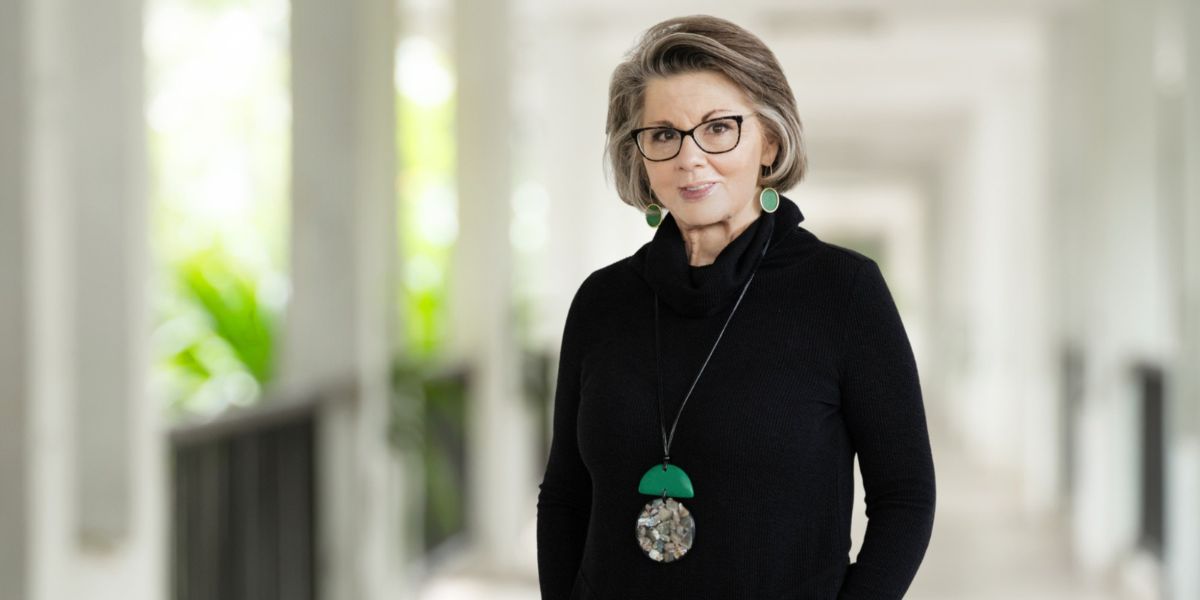Alan Emamdee was born and raised in Trinidad and the West Indies. He earned his undergraduate degree at St. Francis College in Brooklyn and then went on to attend New York College of Orthopedic Medicine in Long Island. Alan completed his residency at Einstein Medical Center in Philadelphia, Pennsylvania, and got his first job in the medical field at San Juan Regional Medical Center in New Mexico.
Alan Emamdee has always been fascinated with science. His major interests center around pathology and physiology. He has always had a strong desire to help people overcome their illnesses. While studying medicine, he chose to pursue psychiatry as a vocation because he was fascinated by the discipline. “There is no pure objective reasoning to figuring out the ‘why.’ We must look at everything about the history of the patient, their childhood, their family and begin to understand everything about them. We then see why and what is occurring in the pathology of their mental health and mental well-being,” he has said in the past, when addressing the subject. Alan’s standard medical training also allows him to look into physical factors that might be causing specific mental outcomes in patients, thereby getting a more complete overall medical picture.
While in New Mexico, he worked with high-need patients. Many were medically and mentally unstable due to negative environmental situations. His focus often fell to that of the local Navajo tribes, who historically have very limited psychiatric resources. Having never met or worked with members of this culture in the past, their reticence to embrace modern Western medicine and their beliefs moved Alan to learn more. “This is something that you don’t learn in medical school: Not all patients are willing to accept this type of medicine,” he is quoted as saying of the experience. In response to this attitude, Dr. Emamdee made it a point to understand this aspect of the Navajo people, as well as their traditional healing methods and spiritual practices so he could properly tailor his therapeutic techniques without doing any harm. He found the process very challenging because, even though they expressed suspicion of modern Western medical treatment, his patients often still needed basic medications to aid in their recovery. In order to overcome this obstacle, he worked tirelessly to understand their individual and collective backgrounds to better build their trust.
Dr. Emamdee loves spending time with his family. His wife is also a psychiatrist, although they hail from two different cultures—he from Trinidad and the West Indies and she from Albania. The couple does their best to raise their three children with an understanding of both cultures, while also embracing their status as a 21st Century American family. They enjoy camping and traveling around the country in their RV, and engaging in various outdoor activities. They also firmly believe in creating a healthy lifestyle for their children, and in that spirit, participate in yoga, daily exercise, meditation, and healthy eating in order to foster a solid physical and spiritual well-being as a family.
Why did you decide specifically on psychiatry?
Initially, I wanted to go into surgery as a medical student, however, once I completed a rotation in psychiatry, I started to see how truly important mental health is for proper physical well-being. For example, if you are depressed and anxious, you tend to eat badly or not eat at all. I started to realize that you can’t have proper physical well-being without good mental well-being. With regards to physical well-being, there are established treatments you can administer to meet a patient’s physical needs. With mental diseases, there is so much more to figure out. It is like an art form. You have to figure out the factors causing the mental health issue, encourage the patient to connect with what is causing the issue, and then bring them in touch with their pain. Finally, you have to find the source of what is causing the psychological wound—not just put a band-aid over it by issuing prescriptions. Long story short, I fell in love with it. It is very rewarding to see patients get better. Although, sometimes it can be debilitating when you see a patient that is beyond your reach because they have to go back into their perilous and unhealthy life situations.
What do you love most about psychiatry?
I love connecting with patients, hearing their stories, and then trying to figure out the root causes of whatever is affecting them. I love to look at the issues in a psychoanalytical way and help the patient figure out on their own what the issue is without telling them. It becomes more concrete, and I believe more helpful to the patient when they can see the issue on their own.
What does a typical day consist of for you?
A typical day would consist of inpatient, outpatient, and consulting work. I would complete four to five inpatient visits, typically with two new evaluations. I would then go to my outpatient clinic where I would see eight to ten outpatients, usually with two new evaluations, as well. I would also complete consulting work as a liaison at the hospital with patients under some type of psychiatric services.
What keeps you motivated?
My motivation comes from seeing patients improve not only in their own life, but the lives of their families. It’s very inspiring when I hear a patient thank me for my services and begin to realize what is affecting their life, or hear their family members tell me small, positive changes are happening and that they’re seeing their loved one get better. I also am motivated by my peers. We often share new studies in psychiatry that can be applied to patients quickly. It’s also nice to trade that same information with my wife in a compliant way to allow for better care of the patients. It gives me a certain degree of hope.
I like to believe there is hope in any situation and that we, as psychiatric professionals, can help facilitate a positive change in the lives of our patients.
Where do you get your inspiration from?
I was inspired to become a doctor at age 11 when my dad became ill with Leptospirosis, a disease that originates from rodents. He was in the hospital where we were living at the time. The efficacy of treatment and level of survival was very low in our location. He did, however, end up surviving. We were very fortunate in that respect. While going to the hospital daily with my mom, I would watch the doctors around him discussing ideas and ways to make him better with the limited resources they had available. It was then I knew that practicing medicine was exactly what I wanted to do with my life.
Ironically, when I went on to my first job in New Mexico later in life, they, too, had limited resources. I had to use my mind and whatever scant resources were there to best help the patient—and not just in the hospital, but sometimes even after they left the hospital.
Who has been a role model to you and why?
My parents have been my role model. Coming from Trinidad, we grew up financially poor, however, they led me to believe I could be anything I wanted to be in this world. They just kept inspiring me. They showed me that dedication is the key to getting out of poverty and uplifting yourself and uplifting others.
How do you maintain a solid work-life balance?
That is tough. It helps that my wife is also a psychiatrist, as she understands the rigor and the intensity of working in the medical and psychiatric fields, so she fully supports me. My children, although young—ages eight, six, and five—understand the lifestyle of a physician. I chose psychiatry because when I was doing rounds in surgery, colleagues were there 12-14 hours a day, and I knew that I wanted to start a family and not be away from the house that long. The great thing about psychiatry, and why I chose this specialty at least in part, is that it is a job with regular hours where you can maintain a normal lifestyle.
What traits do you possess that make a successful leader?
I am very resilient and hard-working. I never give up. I don’t believe in that. I believe in going that extra round until the end. Although there have been some endeavors I have not succeeded with, I don’t look at them as failures. Instead, I’ve used those experiences as stepping stones in my life. I am the turtle against the hare. I just keep going, as I know there is always hope.
What suggestions do you have for someone starting in your industry?
I would tell them that going into medicine is pretty tough and takes a lot out of you. That being said, going into psychiatry is extremely rewarding, gives you a great feeling of accomplishment, and it gives back so much to the community. Additionally, it allows for a fairly normal lifestyle. However, as the world has finally started to recognize just how important mental health is, this field is becoming very competitive. That being said, it is also a fairly lucrative field, not just financially, but also in terms of what you put in and what you get out of it.
What is one piece of advice that you have never forgotten?
There is always hope.









